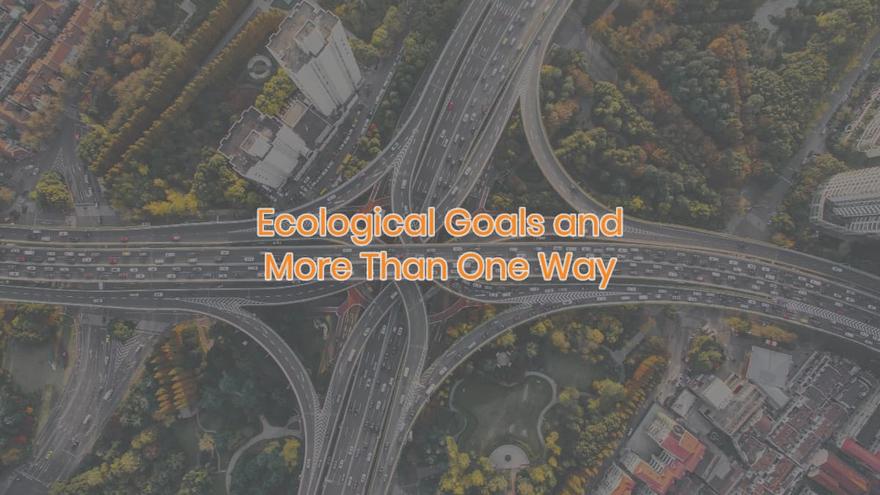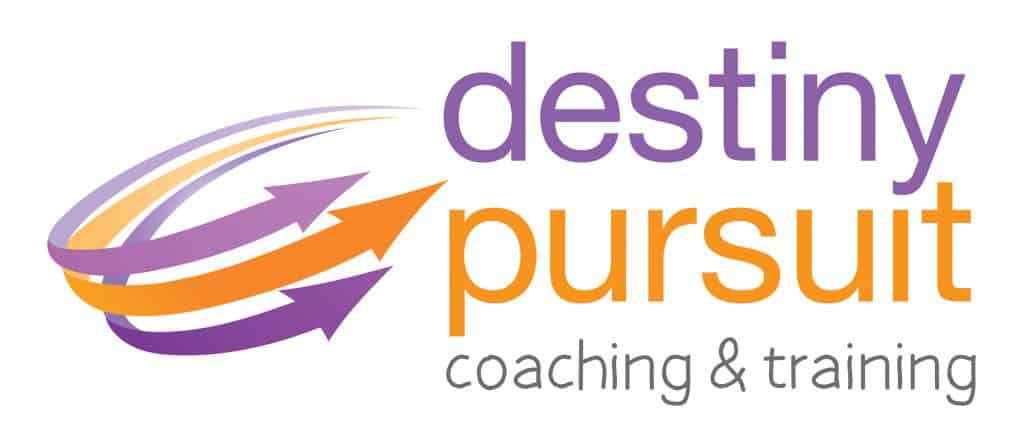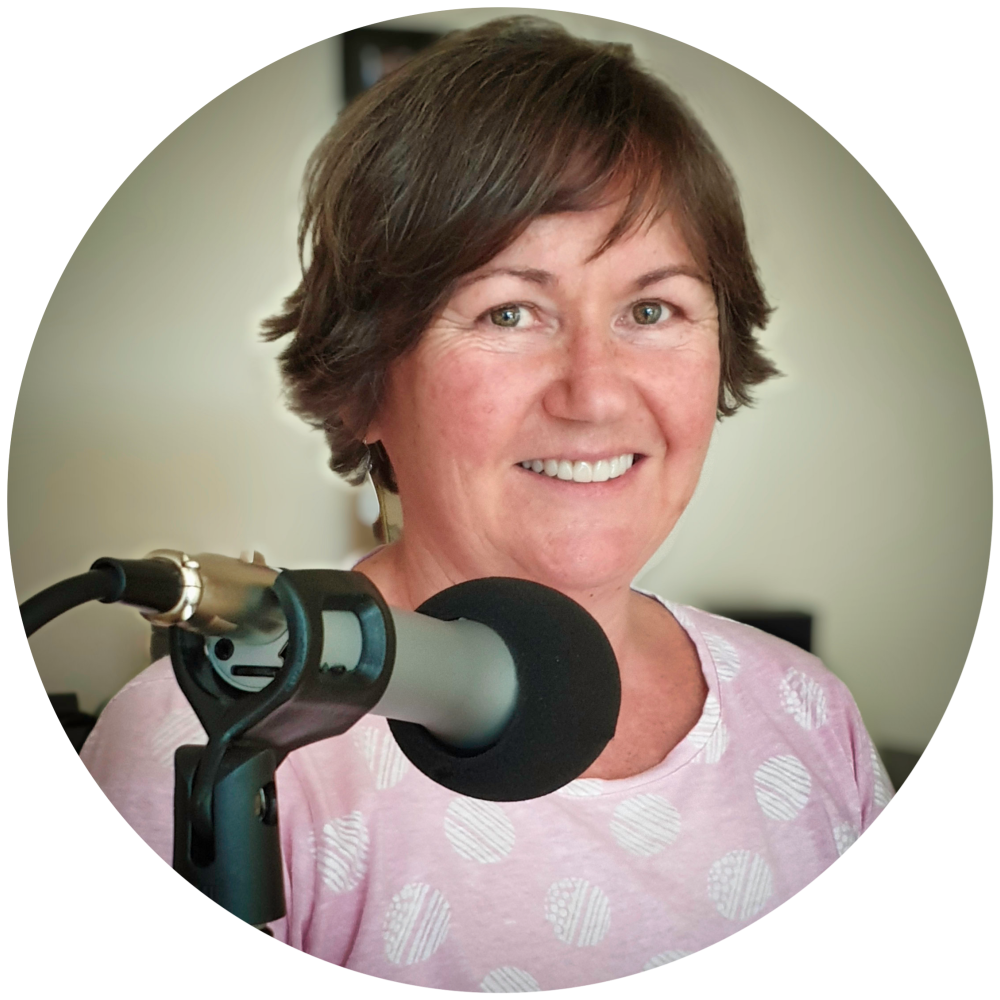Ecological Goals and More Than One Way - NLP Matters, Episode #026

When we have completed the first of the 5 Success Principles, Knowing our Outcome, we can use the Keys to an Achievable Outcome, and then, the Well-Formedness Conditions to get an even greater understanding on the specifics or our outcome and the targeted actions required to achieve this outcome. This also means we get even more clarity on who we need to be to deliver on these actions that will get our results.
Having looked at steps 1, 2 and 3, in the Well-Formedness Conditions the next step we want to explore is again confirming that our goal is ecological. Because we have worked even more on our goal and we have even more sensory specific detail, our goal has developed, and that means we may find that there are some new misalignments between our conscious and unconscious minds or other potential impacts that arise from our goal that we didn’t notice before. It is also important that we have more than one way to achieve it. By revisiting an ecology check and making sure that we have more than one way to achieve our goal, at this point we can reconfirm that our goal is aligned and that we are ready to go!
Listen to the podcast to learn more.
Listen to the Podcast
Here are some key takeaways from this episode:
- There are two parts to checking the ecology of a goal - internally (is it good for you?), and externally (is it good for others and good for the greater good?)
- If we choose a goal that on the surface seems to be pretty awesome without any consideration of the context for the goal, we just might find that the goal seems great in theory but in practice, there may be consequences that don’t align with our values or our identity.
- When checking the ecology of a goal, consider it within the specific context in which it is planned.
- Do a comprehensive ecological check before diving in and beginning to implement your plan, because once you are fully immersed in pursuing the goal you become very focused. Your perspective narrows to hone into what needs to happen next. A goal that is ecologically sound gives us a kind of ‘ground level’ view of our actions and our progress.
- An ecology check goes way beyond how a goal feels in the heat of the moment. It involves being curious and asking ourselves – Is it good for me? Is it good for others? And, is it good for the greater good?
- A goal that is ecological fits like a glove. It aligns with our identity, our values, beliefs. It enables us to be who we want to be, it supports and nurtures us in our journey, and most of all, when the going gets tough it will be our internal certainty and alignment with the goal that keeps us going on the path to success.
- If we do not complete this check and reconfirm our commitment to our goal, the challenges and issues will be there just sitting in our unconscious mind waiting to pounce! The only way to bring these issues into conscious awareness and work on them is to put in the effort and ask ourselves the questions, take up different perspectives and ask again - do we still want the goal? Is this a deal-breaker? How can I clear that limiting belief? It is only then that we can pop them into the open and consider our actions.
- A one-way path to achieve a goal can be too intense. It feels like everything HAS TO work, otherwise, we will lose EVERYTHING!!! In contrast, if we get creative and innovative, then, we can discover that there are lots of different ways to achieve our goal.
- Recognising that there are lots of ways we can achieve our goal and using our creativity to identify those ways, engages our unconscious mind in working out how to succeed! And, with each new option, it seems like achieving the goal itself becomes easier and easier.
- Having more than one way to achieve our goal, gives us a sense of freedom. The desperate intensity we felt when we thought there was only one path subsides, and our energy and focus now shifts onto creating possibilities.
- An internal ecology check also allows us to ensure that the goal is one that we have freely chosen for ourselves, not one we are choosing to please someone else, or even choosing because we think we should.
- An external ecology check means checking on the impact of the goal on our external environment. A good place to start is to check on people in our immediate sphere of influence – family, friends, colleagues. How are they going to be impacted by the goal? What are the consequences for them?
- Bumps in the road don’t necessarily mean that we have to abandon our goal, but rather we are considering the consequences of achieving this goal, because in some cases the consequences may be such that we are not willing to pay the cost. An ecological check also allows us to know these bumps upfront rather than to trip over it and get an unpleasant surprise when we do discover it.
By working through a process such as this, we now have our unconscious mind refocused and excited about the myriad of possibilities, whilst also convincing ourselves that because achieving our goal can take multiple paths if one way doesn’t work out, then there’s always potential with one of the other options we have identified. And, with each new option, we can choose one that takes us to the prize. It seems easier and easier to achieve our goal, which means our unconscious is now more engaged than ever in pursuing our success!
In our next episode, we’ll dive into the sixth and seventh steps of the Well-Formedness Conditions - developing the detail that makes the first step of the goal clearly specified and achievable, and ensuring that our goal increases choice.
Listen to the Podcast
Joanne Clark
Joanne Clark is an Internationally accredited Master Trainer of NLP who has been delivering NLP training since 2011. Being on her feet in front of training rooms is where Jo loves to be and her passion for inclusive and immersive training that delivers outstanding learning outcomes is apparent to everyone in her training rooms. On average Jo delivers 140 days of training per year in addition to online webinars, guest speaker events and group coaching.
“NLP is at the core of all my training and coaching, it is at the core of who I am, how I interact and connect with people. I am absolutely passionate about spreading the NLP tools across the planet as I endeavour to support Robert Dilts’s vision of Creating a world to which people want to belong.” Joanne Clark
Certified Master Trainer of NLP; Master Practitioner NLP, Hypnotherapy & Matrix Therapies; Performance Coach; Cert IV Coaching; Advanced Practitioner in Coaching; Cert IV in Business; BA(Hons); Majors in Sociology and Psychology; Parent Education Leadership Training (PELT) Certificate; Mother of four children; Private Pilot (PPL); Diploma in Life Coaching


0 comments
Leave a comment
Please log in or register to post a comment